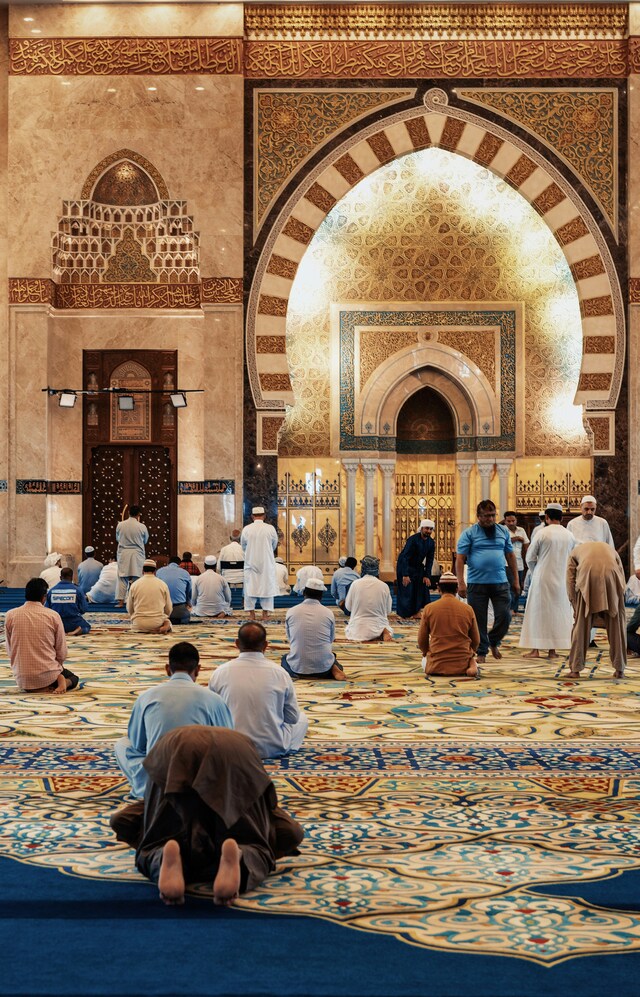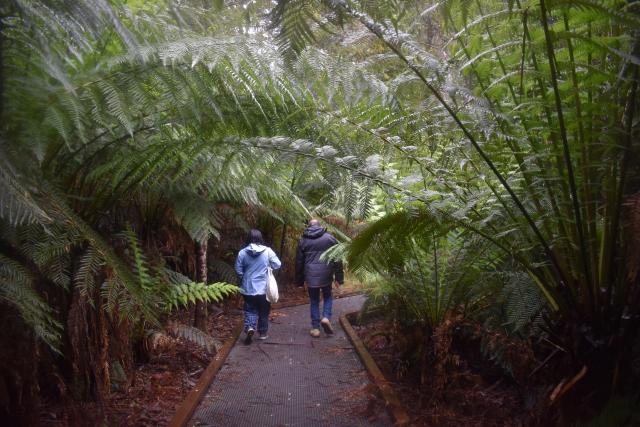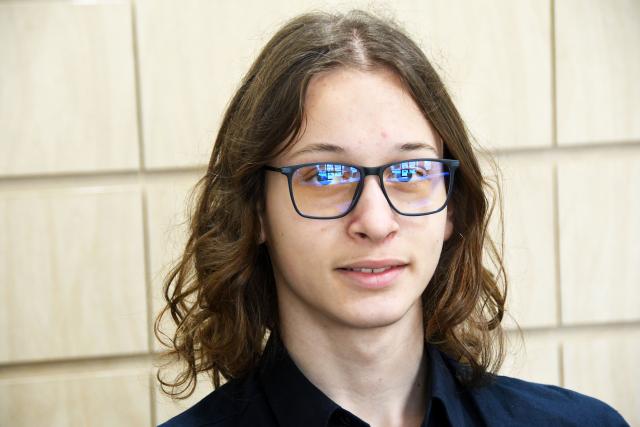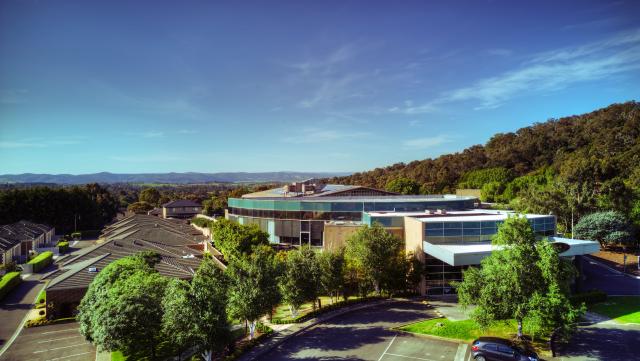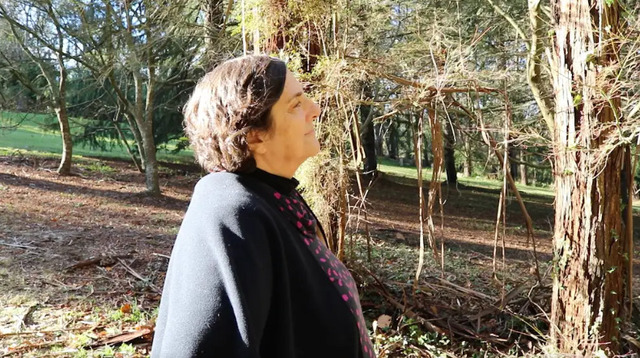At the moment followers of two of the Abrahamic religions, Muslims and Christians are in the middle of periods known respectively as Ramadan and
Lent, leading up to the religious festivals of Eid and Easter with the practice of fasting integral to both.
Lent is the Christian season of spiritual preparation before Easter.
It begins on Ash Wednesday and lasts for 40 days, based on the Bible episodes of Jesus’ wilderness testing and his resurrection.
Christian adherence to the strictures of Lent have loosened in our predominantly secular society and celebrations are often merely reduced to ‘getting away’
somewhere and the consumption of chocolate Easter eggs and hot cross buns.
Football matches remain scheduled for Good Friday.
There are however still stricter observances, particularly in relation to fasting, in the Eastern Orthodox churches.
The holy month of Ramadan is a significant time for Muslims worldwide.
It is a time of self-reflection, gratitude, and spiritual awakening.
It is a commemoration of when the first verses of the Quran, Islam’s holy book, were revealed to the Prophet Muhammad.
Muslims eat only before dawn and after dusk, coming together for the evening meal of Iftar.
So what comes to mind when you hear the word fasting?
Maybe you have tried intermittent fasting, so popular with celebrities in the quest for health and beauty or as the latest attempt at losing weight.
Or maybe, you have been to some Northern Beaches hinterland retreat to take part in holistic health with fasting as part of the experience.
And an overnight fast probably meant you were heading in the morning to have your ‘bloods’ tested for medical reasons.
Health professional have long put forward the benefits of letting the body have a rest from the cornucopia of food most of us have available to indulge in.
Of course, we know that for many in the world food security is still a huge issue.
Even in our own affluent country some people are feeling the pressures of the high cost of food, particularly healthy food.
And immediately one cannot but feel for all those in war torn Gaza who are unable to take part in the rituals of Ramadan when there is barely enough food
to sustain life and when children are dying from malnutrition.
Our 21st century culture can make us blind to all of this.
Our world is full of distractions as we navigate a lifestyle where we have too much to do and not enough time to reflect.
There are the constant pressures of work, finances, relationships, caring for elderly parents or children.
Then there are the social pressures of what the young call FOMO: keeping up with the latest podcast, TV show or social media updates.
This fear of missing out can be a distraction and time consuming.
So why is fasting still central to those who take part in Lent and Ramadan?
Fasting is considered a sacred practice across many religions and a way to quieten our minds, increase awareness and at the same time loosen our
dependence on material things and turn our thoughts to the spiritual.
Clear the mind and confront issues of importance.
There’s hidden sweetness in the stomach’s emptiness.
We are lutes, no more, no less. If the soundbox
is stuffed full of anything, no music.
So wrote the 13th century Persian Sufi poet known as Rumi.
The state of the body impacts the clarity and focus of the mind. Feeding the
body pure, healthy foods in general, and periodically allowing it to rest from the
tiring work of digestion can profoundly free up energies for awareness to tap
into.
Elisabeth Bishop draws attention to the amount of time spent ‘in the planning,
purchasing, preparing, eating and cleaning up of meals. ’Fasting is a powerful
way to put aside these distractions. It allows us to focus on important things and
away from the distracting and mundane.
Be emptier and cry like reed instruments cry.
Emptier, write secrets with the reed pen.
This is why fasting is practiced in all religions. And you don’t even have to have
a religious “faith.” Just try it sometime, for a day, for half a day, wrestle your
way through, and see what happens in you.
May all those participating in the observances of Lent and Ramadan in the lead
up to the celebrations of Eid and Easter have a meaningful and enriching
experience.
There’s hidden sweetness in the stomach’s emptiness.
We are lutes, no more, no less. If the soundbox
is stuffed full of anything, no music.
If the brain and belly are burning clean
with fasting, every moment a new song comes out of the fire.
The fog clears, and new energy makes you
run up the steps in front of you.
Be emptier and cry like reed instruments cry.
Emptier, write secrets with the reed pen.
When you’re full of food and drink, Satan sits
where your spirit should, an ugly metal statue
in place of the Kaaba. When you fast,
good habits gather like friends who want to help.
Fasting is Solomon’s ring. Don’t give it
to some illusion and lose your power,
but even if you have, if you’ve lost all will and control,
they come back when you fast, like soldiers appearing
out of the ground, pennants flying above them.
A table descends to your tents,
Jesus’ table.
Expect to see it, when you fast, this table
spread with other food, better than the broth of cabbages.”
Jalāl al-Dīn Muḥammad Rūmī (30 September 1207 – 17 December 1273)

